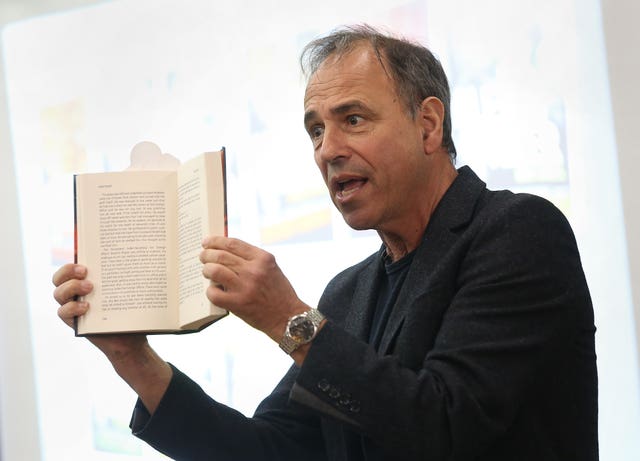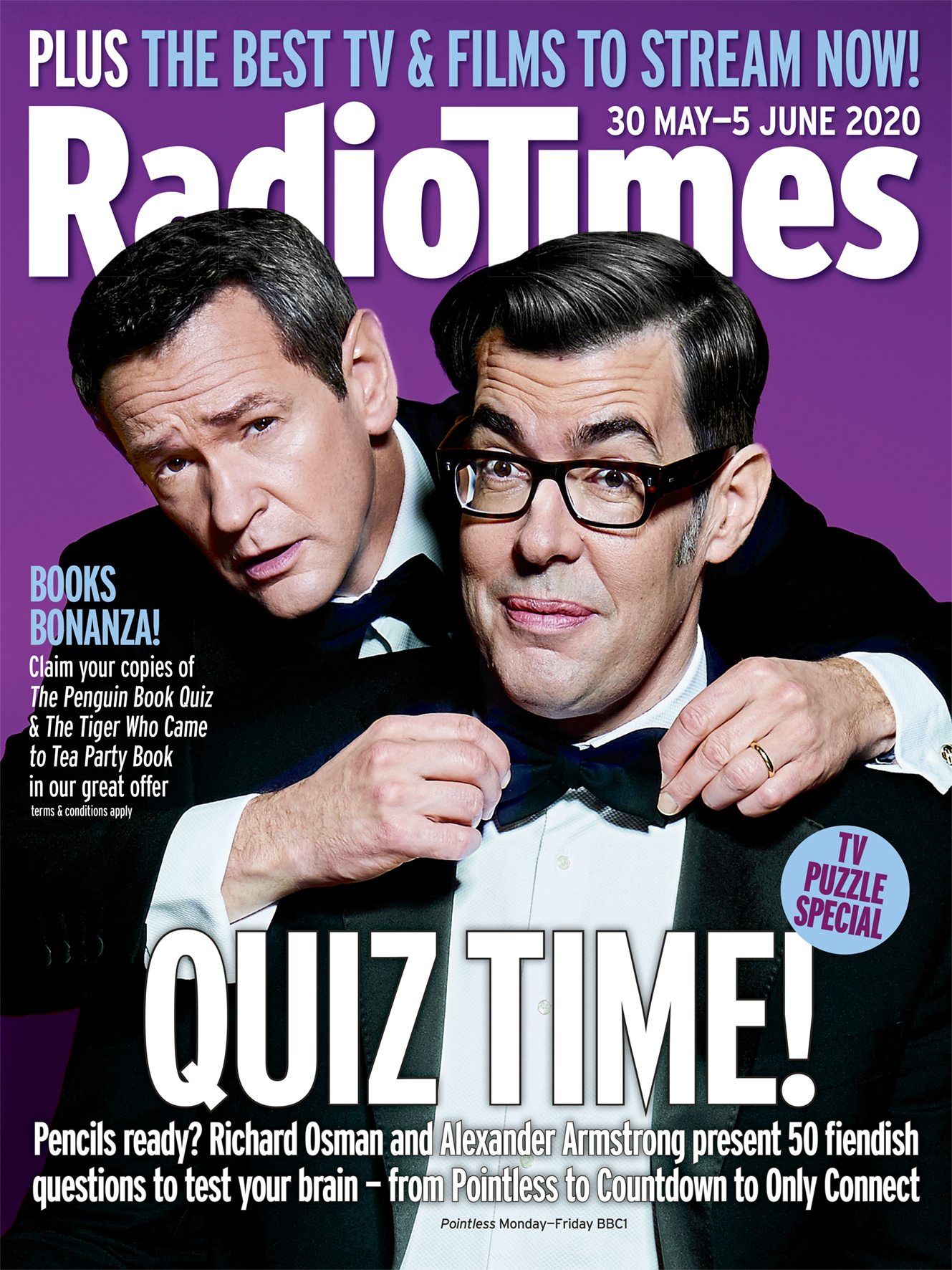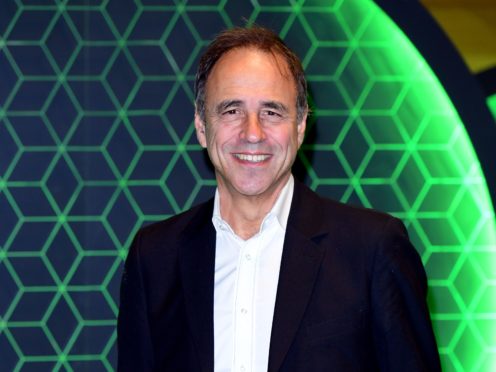Anthony Horowitz has said that writers for young adults have a “responsibility” to project an optimistic view of the world to their readers.
The author of the Alex Rider novels told the Radio Times that he returned to the series after saying it had ended because the last book was too “gloomy”.
He told the magazine: “If young adult writers have one sole responsibility, I think it’s to provide an optimistic view of the world, to believe in the future, because it’s our readers to whom that future belongs.

“It’s one of the reasons why I returned to Alex after saying that Scorpia Rising would be the last book.
“It was too gloomy. I felt I had a duty to my readers to return Alex to his old self.”
He added that “even the title of the next book, Never Say Die, was more affirmative” than Scorpia Rising, which was published in 2011.

Horowitz said that the main character Alex, who is a teenage spy, was “happy again” after reuniting with his friends in the more recent addition to the series.
He added: “That’s the joy of writing the Alex Rider books and it’s what, I hope, makes them relevant now.
“They make it clear that there is no threat to life or safety that cannot be sorted out – effectively and definitely – by the fortitude and ingenuity of a 14-year-old spy.”

The author added that because of the pandemic, there is currently “no argument” about the value of reading, adding that he would “like to think younger readers are using books and stories to get them away from all this”.
“I’ve spent my life writing escapist fiction and for me, reading – more than films, TV or computer games – has always been the great escape,” he added.
Read the full article in the Radio Times.
